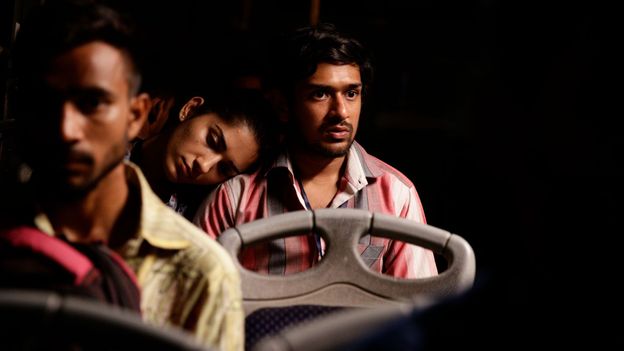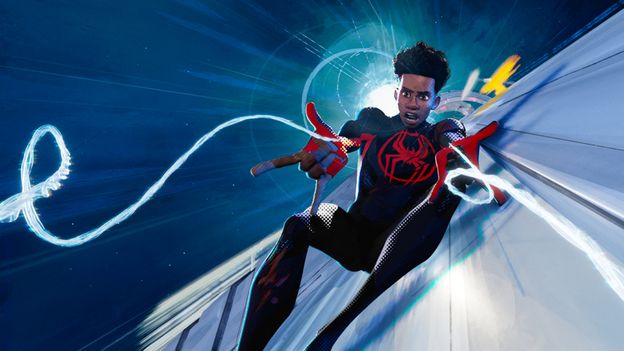However the rise of digital technology in the 21st Century, resulting in filmmaking becoming cheaper, has led to a revival of independent Indian cinema in recent years, with filmmakers such as Shonali Bose and Anurag Kashyap rising to prominence. As censorship has relaxed, the topics being tackled have broadened, with films looking at troubling political histories and social causes such as LGBTQ rights. These films have found audiences at festivals such as Berlin and Cannes. Kashyap’s latest film, the neo-noir Kennedy, purporting to be based on real-life police corruption in India, is playing in the Midnight Section of the Cannes Film Festival, a section that celebrates cinema that pushes the boundaries.
And as this strand of Indian cinema has begun finding more critical acclaim around the world, it has also had an impact on popular Bollywood cinema, with the studios having to adapt their films to the changing tastes of the audience, making them less chaste and tackling daring subject matters. “This has led to the ‘masala’ guys of Bollywood dealing with more topical subjects in realistic ways,” says Shedde, who also points out conversely that filmmakers from the independent scene have been “embracing song-and-dance to be more accessible to a large audience.”
It’s certainly an exciting time for Indian cinema, with the promise of an era of rich, diverse and divisive films that are more in tune with Indian cinema’s transgressive roots than the Bollywood output that took over. These films hold a mirror up to society and like the works of Gaspar Noé, Jack Smith and Kenneth Anger (who died this week), to name three filmmakers, they are by their nature incredibly divisive and at times extremely difficult to watch. Agra fits into this mould. Behl so successfully manages to get us into Guru’s psyche that the film becomes abhorrent, attacking our senses and creating an unpleasant visceral reaction. Even as the plot widens to include money-lending, the distinction between fact and fiction is difficult to discern, which some will find powerfully unnerving, and others may find simply confusing. But the best thing about Behl’s is work that it manages to tackle one of India’s biggest and least talked-about issues without feeling like a lecture. May more and more Indian cinema be just as provocative and creatively bold.
Love film and TV? Join BBC Culture Film and TV Club on Facebook, a community for cinephiles all over the world.
If you would like to comment on this story or anything else you have seen on BBC Culture, head over to our Facebook page or message us on Twitter.
And if you liked this story, sign up for the weekly bbc.com features newsletter, called The Essential List. A handpicked selection of stories from BBC Future, Culture, Worklife and Travel, delivered to your inbox every Friday.












